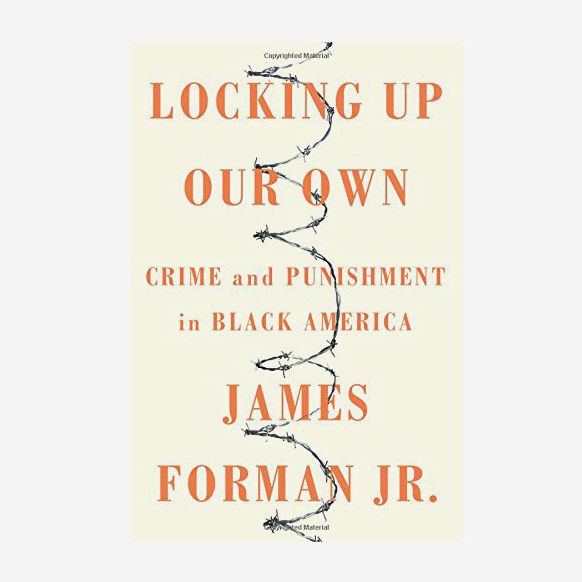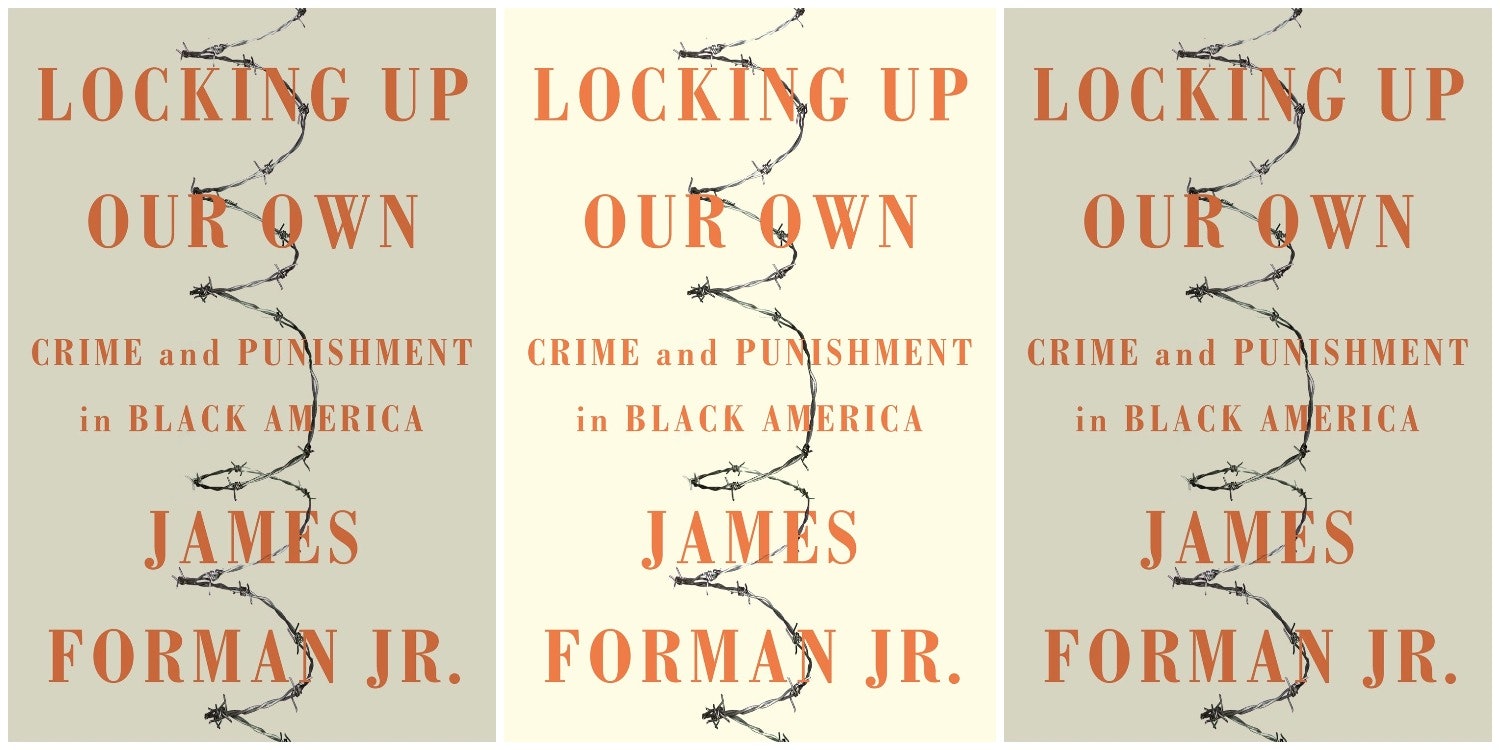

This, the author contends, marked the beginnings of the war on drugs (with attempts to curb the use of marijuana, at the time widely held to be a gateway to other, harder, more dangerous drugs) and a war on violence (with attempts to curb the availability and use of guns). Part One considers the origins of “tough on crime laws” from three perspectives that focus primarily on relatively recent history: the mid-1970’s, in the aftermath of both Martin Luther King Jr.’s civil rights activism, and the invasion of heavy drug usage in the 1960’s. This is to consider and analyze the history of, and motivations for, various aspects of “tough on crime” laws, often initiated and enforced by black lawmakers and often with particularly destructive effects on black individuals and black communities. The author then uses his consideration of both the larger context of the laws under which his client was sentenced and the socio-political-legal culture of the specific community in which the trial took place (Washington D.C.) as a springboard to introduce the book’s central point of focus. The author describes his concern that the speech meant that a prison sentence was forthcoming, and then reveals that his concerns were justified: his client was sentenced to an institution that, the author says, was known for its poor environment. in his addresses to clients in similar situations. In his introduction, the author describe how a young black man he was defending was on the receiving end of a familiar speech from a judge fond of citing the values and ideals of activist Dr.


The author also uses case studies from his own experiences as a public defender in Washington, D.C., changing the names of clients, lawyers, and judges to protect their identities. The terms “black” and “African-American” are used interchangeably in this analysis as a reflection of how they are likewise used interchangeably in the book. Locking Up Our Own: Crime and Punishment in Black America. The following version of this book was used to create this study guide: Forman, James (Jr.).


 0 kommentar(er)
0 kommentar(er)
